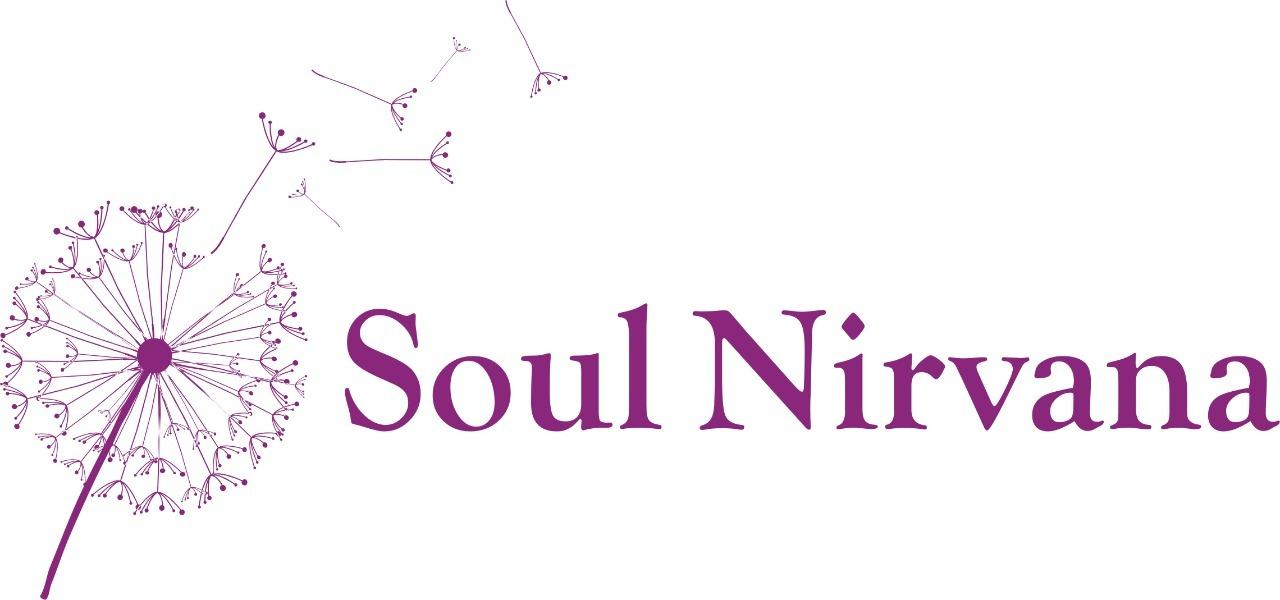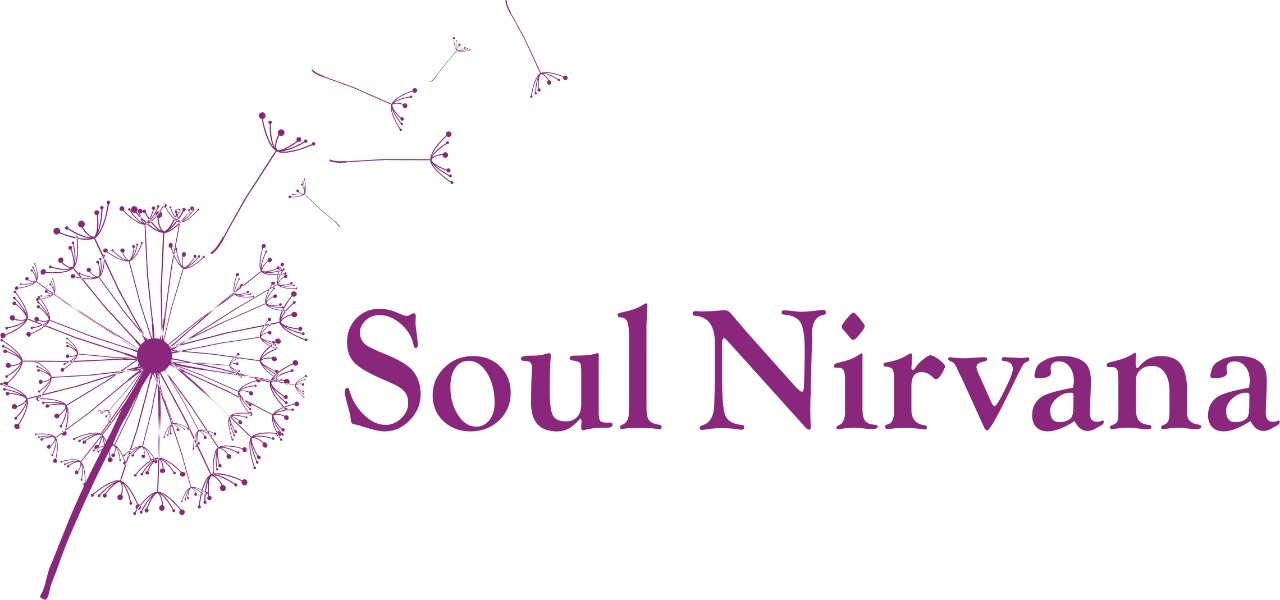Learning to Cope with Chaos: Healing Heartbreak and Life-Changing Events through Logotherapy

Introduction
Life’s most painful transitions, such as romantic separation, heartbreak, or profoundly destabilizing events, can often feel chaotic, cruel, and unpleasant. Amid such crises, finding direction almost seems impossible. Yet Viktor E. Frankl’s logotherapy fosters an elegant solution. An existential therapy centered on meaning offers a potent path through life’s struggles and pain. Rather than avoiding suffering, logotherapy teaches us to encounter it head-on by uncovering meaning, reshaping our perspective, and choosing purposeful actions.
This article explores how those grappling with separation or life-altering change can harness logotherapy to move from fragmentation toward healing, resilience, and even personal transformation with the help of online counselling platforms like Soul Nirvana.
Understanding the Challenge: Separation, Heartbreak, and Emotional Turbulence
The grief of a breakup or separation closely resembles bereavement. It triggers intrusive thoughts, insomnia, heightened stress responses, and even physical effects like immune suppression or “broken-heart syndrome”.
According to research study on emotional and cognitive responses to breakups, coping mechanisms matter as avoidance and rumination can exacerbate emotional pain, whereas adaptive strategies (e.g., problem-solving, positive reframing) buffer distress.
The aftermath of heartbreak often involves navigating an ambiguous loss, a loss that lacks closure, making traditional grieving hard to resolve. These overlapping emotional and physiological effects underscore the need for therapies that address existential disorientation as much as emotional coping.
Logotherapy: A Meaning-Centered Approach
Developed by Viktor Frankl, logotherapy rests on key pillars: life has meaning under all conditions, human motivation hinges on a “will to meaning,” and even in unavoidable suffering, we retain the freedom to choose our attitude.
Frankl famously described the "tragic triad" of guilt, suffering, and death - universal experiences that often trigger existential crises. Logotherapy proposes that meaning can be found in actions (creations), experiences (beauty, love), or even in how we endure unavoidable hardship.
Therapeutic techniques included in Logotherapy:
- Dereflection: shifting focus away from unproductive rumination to meaningful engagement.
- Paradoxical intention: confronting fears directly to diminish their hold.
- Socratic dialogue: guiding clients to self-discover meaning through language and self-reflection
Applying Logotherapy to Heartbreak and Separation
- Reframe the Experience
- Understand that heartbreak, though painful, can be a spark for meaning-making, perhaps through personal growth, deeper relationships, or spiritual insight.
- Choose Your Response
- Even amidst pain, one can exercise freedom in choosing an attitude - a core tenet of logotherapy. For example, treating suffering as an impetus for self-knowledge transforms its meaning.
- Cultivate Purposeful Action
- Engaging in small, meaningful acts like creative expression, community support, or self-care builds a sense of agency.
- Foster Post-Traumatic Growth
- Logotherapy can aid the transition from resilience to growth, where trauma leads to heightened appreciation of life, deeper bonds, or renewed strengths.
- Use Meaning-Making to Alleviate Grief
- Research shows that meaning-making in bereavement correlates with lower distress and better mental and physical well-being.
Scientific and Clinical Support
Research underscores the healing potential of logotherapy and meaning-centered coping in the face of heartbreak and tragedy. For example, longitudinal studies on romantic breakups reveal that avoidance and self-punishment predict greater distress, while acceptance and accommodation strategies reduce depression and facilitate adaptation.
Similarly, research on grief highlights that meaning-making, the process of assigning personal significance to loss, correlates with reduced psychological distress and enhanced resilience. Logotherapy, with its emphasis on discovering meaning even amidst suffering, directly aligns with these findings.
Further, clinical reviews affirm that logotherapy is effective in supporting trauma survivors and those facing existential crises by fostering resilience and hope.
Lastly, studies on burnout demonstrate that the existential vacuum, a void of meaning, contributes significantly to emotional exhaustion. Addressing this through logotherapy helps individuals reconnect with purpose and prevent psychological decline
Conclusion
Heartbreak and life-altering events often thrust us into chaos, grief, and meaninglessness. Yet logotherapy reminds us: even when suffering is unavoidable, our response to it is ours to choose. By cultivating meaning—through attitude, creativity, connection, and personal purpose—we don’t just heal; we have the potential to emerge stronger and more centered than before. If you’re ready to take the next step toward healing and personal growth, connect now for virtual counseling from leading psychologists in India.
FAQs
1. What is logotherapy, and how does it differ from other therapies?
Logotherapy is an existential therapy focusing on discovering meaning as the core life motivator. Techniques like Dereflection and paradoxical intention distinguish it from approaches like CBT or psychoanalysis.
2. Can logotherapy help after a breakup or heartbreak?
Logotherapy helps by reframing loss, encouraging meaning-making, and guiding purposeful actions, supporting healing and emotional recovery after heartbreak.
3. What is the "tragic triad"?
It's the trio of guilt, suffering, and death, identified by Frankl as sources of existential crisis, which logotherapy helps to transcend through meaning.
4. What is post-traumatic growth, and how does logotherapy support it?
Post-traumatic growth refers to positive psychological changes following trauma, like heightened appreciation and personal strength. Logotherapy’s meaning-focused approach fosters such growth.
References
- Field, T. (2011). Romantic breakups, heartbreak and bereavement: Romantic Breakups [Review of literature]. Psychology, 2(4), 382–387. https://doi.org/10.4236/psych.2011.24060
- Mancone S, Celia G, Bellizzi F, Zanon A, Diotaiuti P. Emotional and cognitive responses to romantic breakups in adolescents and young adults: the role of rumination and coping mechanisms in life impact. Front Psychiatry. 2025 Mar 28;16:1525913. doi: 10.3389/fpsyt.2025.1525913. PMID: 40225842; PMCID: PMC11985774.
- Ambiguous loss. (2025, August 8). Wikipedia. Retrieved August 16, 2025, from https://en.wikipedia.org/wiki/Ambiguous_loss
- Logotherapy. (2025, August 2). Wikipedia. Retrieved August 16, 2025, from https://en.wikipedia.org/wiki/Logotherapy
- Cuncic, A. (2024, December 4). What to know about logotherapy. Verywell Mind. Retrieved August 16, 2025, from https://www.verywellmind.com/an-overview-of-victor-frankl-s-logotherapy-4159308
- Gehl K, Brassard A, Dugal C, Lefebvre AA, Daigneault I, Francoeur A, Lecomte T. Attachment and Breakup Distress: The Mediating Role of Coping Strategies. Emerg Adulthood. 2024 Feb;12(1):41-54. doi: 10.1177/21676968231209232. Epub 2023 Oct 18. PMID: 38124712; PMCID: PMC10727987.
- Southwick, S. M., Lowthert, B. T., & Graber, A. V. (2016). Relevance and application of logotherapy to enhance resilience to stress and trauma. In Logotherapy and Existential Analysis (pp. 131–149). Viktor Frankl Institute Vienna. Springer. https://doi.org/10.1007/978-3-319-29424-7_13

Ms Sonali Sikdar
Ms Sonali empowers individuals to grow, heal, and align their careers with their inner calling.
Related Blogs
No related blogs available.

